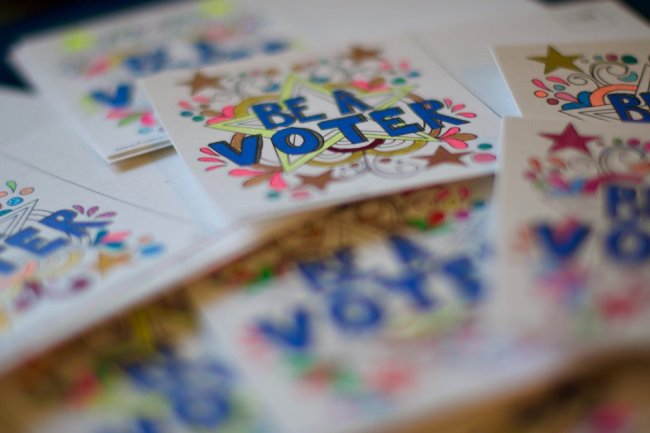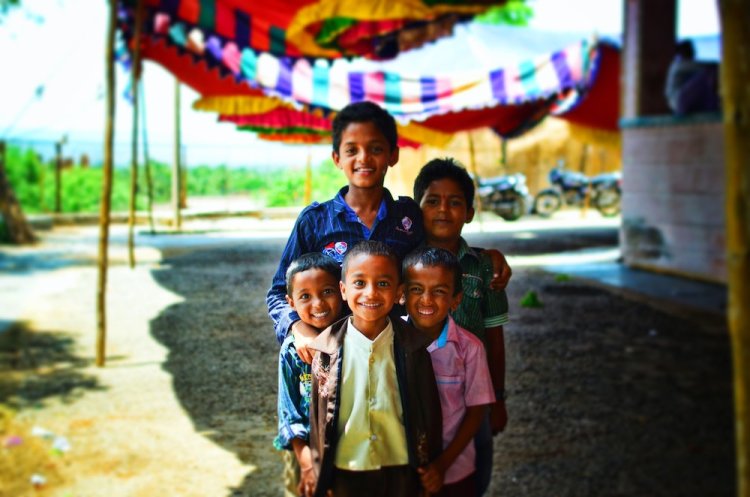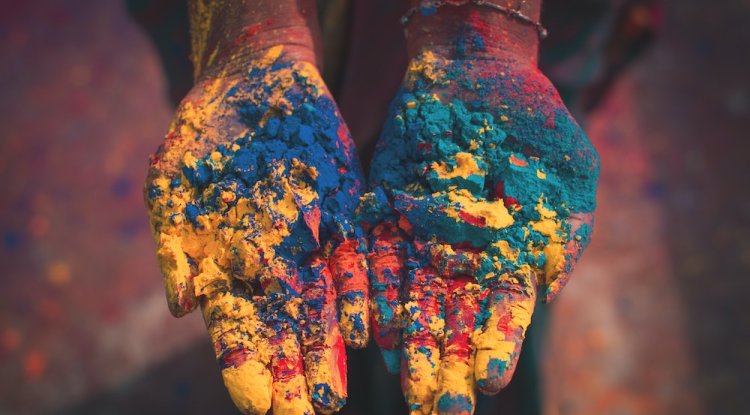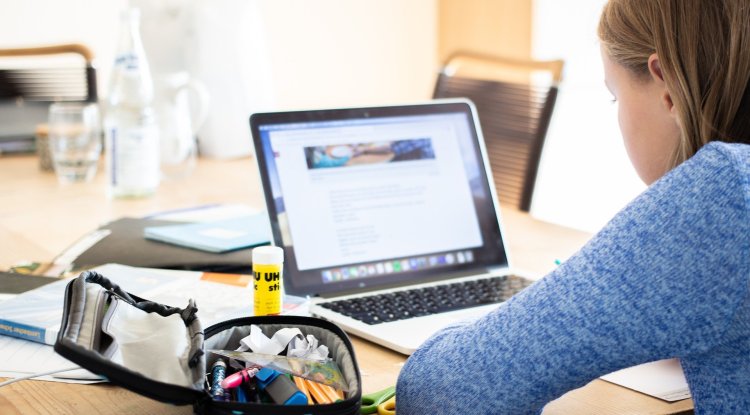Tips for Educators
6 Ideas For Civics Projects
- Jun 24, 2022
- 0
- 2178

1 in 4 Americans can’t name the three branches of the government, demonstrating the decline of civic education today. Teaching civics can improve political participation and civic duty. This means your students will grow up to be self-aware citizens with strong knowledge of how society works.
In the GCC, primary education covers topics like family and community, ancestry, heritage, globalisation and the ruling family. These concepts may be difficult to grasp for some students. Consider including activities in your classroom to simplify their learning. Here are six ideas you can try out -
1. Mock Elections
Organise a mock election to teach students the value of their vote, how the government was formed and how it functions. Pick a few candidates and ask them to make speeches on the changes they’ll make in class if they win. Explain the process of the ballot to your students and how they can cast their vote – they can jot down one of the candidate’s names on a piece of paper, fold it and drop it into the ballot box. Count the total votes and announce the winner. You can make them class monitor until the next election.
2. Write Op-Ed Essays
Having an opinion and backing it up with arguments is a valued asset in society. To develop this skill, give your students a topic and ask them to write their thoughts on it, along with reasons to justify their stance. These are called op-ed essays, and can also be converted to classroom debates where students can discuss opposing views.
3. Identify Heritage And Ancestry
History and heritage connect us to our country. Important days – like the National Day of Kuwait on February 25 or the UAE National Day on December 2 – are often cause for celebration. But most children don’t even know the reason for it. Have students map out important national dates and identify why they're celebrated. Students can also prepare charts by collecting pictures of heritage sites and locations of historical importance.

4. Encourage Mediation
The focus of the next project is resolving differences, establishing a common goal and coming to a solution. Hold a mock mediation session in class to help improve your students’ problem-solving skills. Divide the class into groups of three and present each group with a problem. Ask two students to pick a side, while the third one should mediate their argument and suggest solutions. Evaluate them on how quickly and effectively they complete the task.
5. Attending Events
Community events are a great way to interact with other people in the area. Ask your students to identify such events and create a list. You can then choose one event from the list every week and attend it with your students. Have them write a report on what they observed during these field trips. Creating awareness around the history and culture of various communities can help build togetherness.
6. Find A Cause
Have the class prepare a report on a cause that is personal to them. These topics can vary from environmental issues, fast fashion or gender. Let them detail the way their immediate family and locality approach the cause and the steps they take or do not take. The conclusion can include points on solutions they propose to better the cause.
When students are encouraged to examine their civic identity, they’ll be able to understand their role in society much better. If you’re finding it difficult to engage your students in civic education, try some of these activities in your classroom. You’ll see a massive improvement.
Add Comment
Related Blogs

Tips for Educators
Five Ways to Celebrate World Photography Day in School
- Sruthi Sah...
- Aug 17, 2022
- 0
- 3835

Tips for Educators
6 Ways To Inculcate Culture-Based Education In The Classroom
- Natasha Di...
- May 26, 2022
- 0
- 3077
Popular Blogs

Tips for Educators
3 Tips To Apply Classical Conditioning In Classrooms
- Natasha Di...
- Apr 25, 2022
- 0
- 21898

Understanding Concepts
4 Reasons Why Skill-Based Learning Is Important For Students
- James Coop...
- Mar 14, 2022
- 0
- 11234

For Parents
Everything You Need To Know About STEAM Education As A Parent
- James Coop...
- Mar 1, 2022
- 0
- 11150











